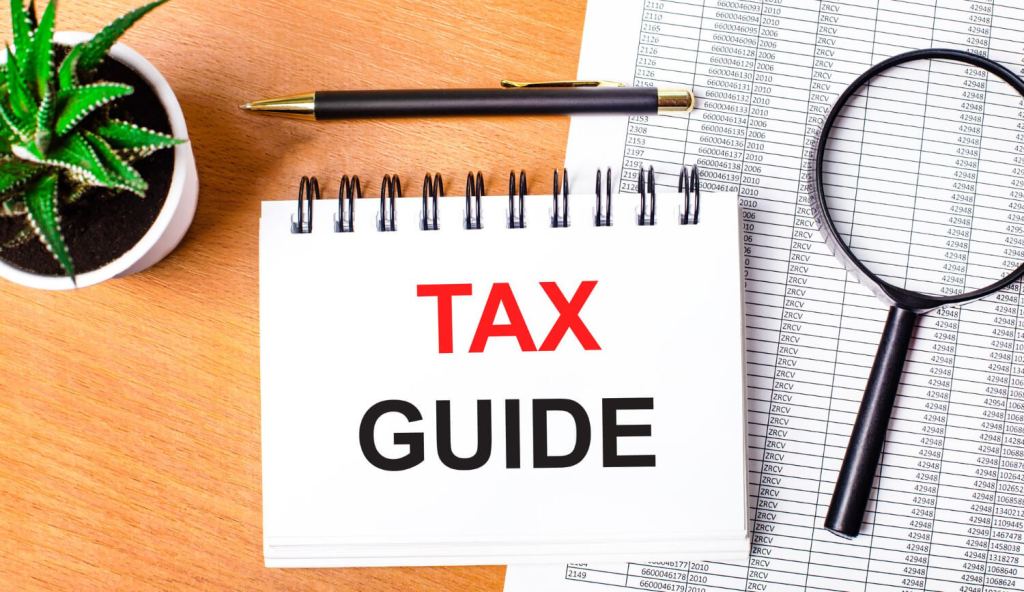Form DPT-3: Protecting Lender's Money
The government may appear selfish and rigid to a company regarding tax collection mechanisms, but it also prioritizes stakeholders’ interests and protection. It is essential to protect the interests of those who have provided money to the company as a ‘Loan.’ Shareholders are aware of the possibility of losing their capital if something goes south but not the lenders.
The Ministry of Corporate Affairs, with the assistance of the enforced Companies Act, 2013, has prescribed many forms in which a company must provide information so that the operations can be monitored to safeguard the interests of all stakeholders.
Introduction to Form DPT-3
To protect the interests of creditors and depositors, the Central Government, in consultation with the Reserve Bank of India, notified the Companies (Acceptance of Deposits) Amendment Rules 2019.
The MCA announced on 22nd January 2019 that every company other than the government must file a one-time return in DPT 3. As a result, a sub-rule (3) was added after sub-rule (2) in Rule 16A of the Companies (Acceptance of Deposits) Rules, 2014, which meant as follows:
Every company other than a government company must file outstanding receipts of money or loans by a company that are not considered deposits, as specified in Form DPT-3, within “90 days from the 31st March, 2019”, along with a fee as provided in the Companies (Registration Offices and Fees) Rules, 2014.
The Ministry of Corporate Affairs, with the assistance of the enforced Companies Act, 2013, has prescribed many forms in which a company must provide information so that the operations can be monitored to safeguard the interests of all stakeholders.
Analysis
The rule clearly describes and emphasizes a few pillars like
- It should be a company
- It is an attempt to provide information regarding deposits & loans
- A return is to be filed.
It Should Be a Company
It is the baseline that the DPT form is specifically for a company which is taken a considerable amount of loans or deposits. Every company is required to file this return. Furthermore, the following companies are exempt under Rule 1(3) of the Companies (Acceptance of Deposits) Rules 2014:
- Government Company
- Banking establishment
- Non-Banking Financial Institution
- A housing finance company registered with National Housing Bank
- Any other company as notified under proviso to subsection (1) of Section 73 of the Act
Information to furnished for DPT-3
Any form/return must be completed to obtain information that can be scrutinized by the government and used to determine whether the company complies. Form DPT-3 is kept in compliance to obtain information on deposits or loans taken by the company
1. So, what can be termed a deposit?
Any money received by a company as a deposit, loan, or any other form excludes such categories of amount as may be prescribed in consultation with the Reserve Bank of India. Some of the transactions may not be considered as deposits for the topic of Form DPT-3
- Any loan or facility received from a public financial institution, insurance company, or bank
- Any amount received by a company from another company.
- Securities subscription and call-in advance
- Any sum received or guaranteed by the government, foreign government, or foreign bank.
- Any amount received from the company’s director or a relative of the company’s director who held the positions at the time of lending.
- Any amount the company receives from an employee that does not exceed his annual salary as specified in his employment contract, such as a non-interest-bearing security deposit.
- Any amount received as an advance for the supply of goods or provision of services or as a security deposit for the performance of the contract for the supply of goods or provision of services in the course of or for the company’s business.
- A startup company receives Rs 25 lakh or more in the Form of a convertible note in a single tranche.
- Amount raised by issuing secured bonds or debentures with the first charge, non-convertible debentures with no charge on the company’s assets.
- Promoters’ unsecured loans
- Any sum received by the company from Nidhi Company or as a subscription for chit under the Chit Funds Act, 1982.
- Any amount the company receives from a SEBI-registered collective investment scheme, alternate investment funds, or mutual funds.
- Any other amount that does not qualify as a deposit under Rule 2(1) (c).
2. Information Required
The information required by the government through this Form may revolve around outstanding loans and deposits by a company. Some of the vital parts are:
Information Asked | Purpose of Asking |
a. CIN of the Company | Find the details in their Database |
b. Email ID | To Communicate |
c. MOA or AOA | What does the company do? |
d. Financial Statements/Returns | Networth of the company |
e. Specific Annexures | To know the total amount of outstanding loan or deposit balance in a F.Y. |
f. Credit Score/Rating | To understand companies’ past compliance with timely repayments of loans. |
Return Filing
Form DPT-3 is a return that must be filed by certain businesses. When the word ‘Return’ is heard, it is always clerical and operational. There are obviously due dates, documents, and the nature of such returns that businesses should be aware of.
1. Nature of DPT-3
Form DPT-3 can be filed electronically, as can eform-62 under Rule 10 of the Companies (Acceptance and Deposits) Rules,1975. The Registrar of Companies will process the eForm (Non STP). Form DPT-3 can be prescribed as a one-time filing or as an annual filing. The government makes decisions on a case-by-case basis.
2. Due Date of Form DPT-3
The annual return is due on June 30th of each year. The annual return covers the financial year beginning April 1, 2019 and ending March 31, 2020. This return will include all outstanding amounts as of the date.
Furthermore, the one-time return must be filed for the period beginning April 1, 2014, and ending March 31, 2019. As a result, all receipts received during this period and outstanding as of March 31, 2019, should be reported.
3. Documents to be furnished for Form DPT-3
The documents listed below will provide an overall picture of how the company deals with depositors’ money protection and thus are to be submitted along with the return.
- List of depositors
- Copy of Trust Deed Deposit
- Details on liquid assets
- Auditors’ certification
- Insurance Contract, if applicable and specified in the form
- A duplicate of the instrument that generated the charge
4. Fees to be Paid for Form DPT-3

Form DPT-3 has been added to the list of forms under the Companies Fresh Start Scheme (CFSS) 2020. As a result, no late fees will be charged if the form is completed by September 30th, 2020.
Note: Fees payable are subject to change in accordance with the Act or any rule or regulation made or notification issued in accordance with the Act.
5. Repercussions of Failure to File Form DPT-3
If the company does not follow DPT-3 requirements and continues to accept deposits, it will face the following consequences:
- Section 73 imposes a penalty:
Rs. 1 crore OR Twice the amount of deposits [Whichever is less]
With a maximum penalty of Rs. 10 crores.
- Every officer who is in default:
Imprisonment for up to 7 years And Fine of at least Rs. 25 lakhs, which can be increased to Rs. 2 crores.
- Under Rule 21, a fine of up to:
Rs. 5,000 is imposed on the company and each officer who is in default, as well as a fine of Rs. 500 for each day since the default.
A company must follow a slew of rules and provisions, one of the most important of which is Form DPT-3, which serves to protect lenders’ funds. Finsights GST Reconciliation Software recommends that such companies follow such rules in order to increase their credibility among industry lenders. Follow Finsights to stay up to date and get the latest industry news.




